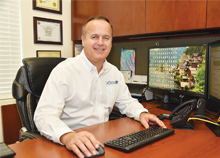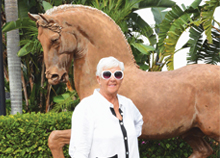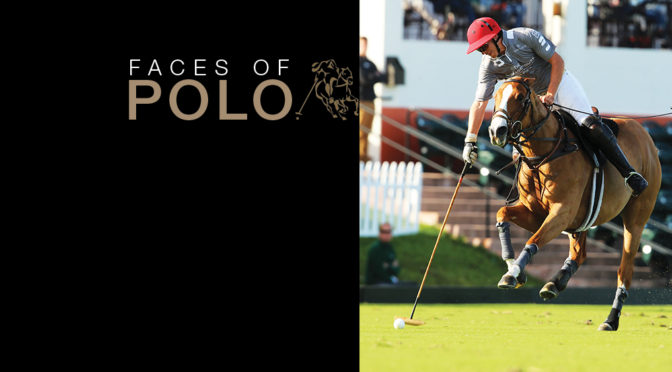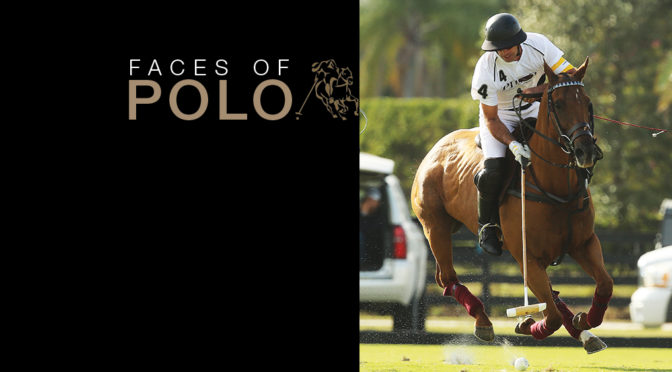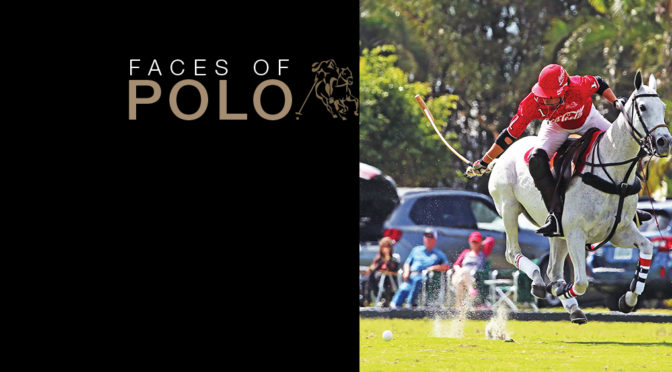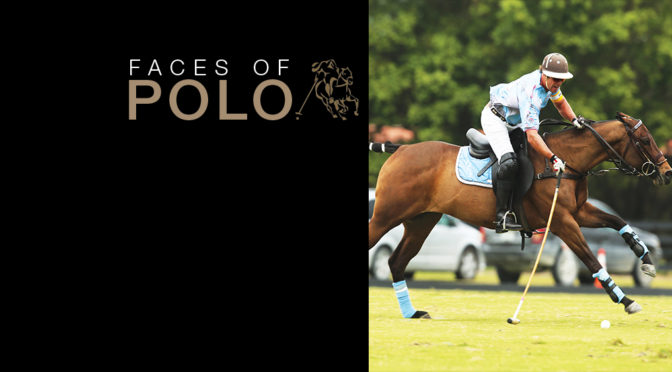The Fodder Group Aims To Revolutionize How Wellington’s Horses Are Fed
There’s a feeding revolution taking place in Wellington. It’s not a new way to feed hundreds of hungry people. Instead, there’s a new product designed to positively impact the daily diets, health and performance of a highly treasured segment of Wellington’s population — its horses.
The product is called Fodder, and its creators believes that it will positively impact the daily diets of Wellington’s equestrian inhabitants.
Thanks to the Fodder Group Inc., this nutritious, fresh food is now available to the thousands of horses here in Wellington, as well as livestock (cows, pigs, sheep and goats) and poultry (chickens, ducks and turkeys) around the country — 365 days a year.
As far as horses are concerned, Fodder is an appropriate feed for all equines, from ponies to Thoroughbreds.
According to the Fodder Group’s Florida dealer and Wellington resident Justin Hickey, Fodder starts with a seed and becomes a fully-grown nutritious livestock feed in less than a week — just four days, to be precise — using a hydroponic growing system.
Designed in drought-ravaged Australia and built here in the U.S., it has taken a dozen years to transform the Fodder concept into a concrete reality.
The story about Fodder’s nutritious value is as newsworthy as how quickly it can grow. According to Hickey, Fodder is all-natural, more than 90 percent digestible, more cost-effective than hay, reduces methane output, reduces colic in horses and is healthy for the animals, as it contains high amounts of protein, starch, vitamins and minerals. Not to mention, the horses, cows and poultry seem to like it, too.
Hickey explained that in 90 days, clients will be able to see the results in horses by feeding them Fodder.
“After eating Fodder, everything about them is healthier — their hoofs, coat and skin are in better shape,” he said. “The temperament of the horses also improves. And, with cattle, the meat is better tasting and healthier.”
If those animals knew the consistent nutritional benefits of what has been designed for them, they’d be waiting at the trough, eagerly anticipating their next meal.
Credit for this new feed supply goes to the Fodder Group, which has pioneered a four-day growing cycle which has an optimal yield, is nutritious and is affordable. One of the key aspects of the four-day growing cycle is the Fodder Group’s proprietary LED lighting system. The images of the Fodder after each day of the four-day growing cycle are eye-opening and attention-grabbing.
The Fodder, and the way it’s grown, represent a turnkey solution to keeping horses, livestock and poultry adequately and nutritionally fed, every day of the year, at a price which the market can bear.
According to Hickey, Fodder is grown in an indoor hydroponic environment. There are two different types of growing systems, the FG20 transportable system and a permanent onsite system. The FG20 transportable system is similar to the trailer of a semi. You can buy a system and grow the Fodder yourself, or you hire the Fodder Group to make daily deliveries.
The onsite system can be purchased and placed on your property, or one of your existing buildings can possibly be retrofitted into an indoor growing system. In both the transportable and onsite systems, the indoor environment — the lighting, temperature, humidity and air quality — are controlled, which creates a trouble-free and fast-growing environment.
When you buy the onsite system from the Fodder Group, Hickey is quick to point out that each purchase includes installation, a comprehensive operation manual, full training, and ongoing backup and support. “We’ll hold your hand as you get used to operating the entire system,” Hickey said.
Each transportable system will yield 1,470 pounds a day of fresh Fodder. According to Hickey, each competitive equestrian horse based in Wellington can require as much as 40 pounds of Fodder a day. If you do the math, nearly 40 horses a day can be adequately fed from each daily yield from one transportable unit of the FG20 system.
While every horse owner may not buy Fodder for daily consumption, Hickey believes that many horse owners will buy Fodder to supplement other feed sources.
In today’s disposable society, the Fodder Group is proud to stand behind its product. The systems are designed to last — more than 20 years in many cases. And each part in this system is also made in the USA.
In addition to the 13,000 or so horses living in Wellington during the winter, Hickey will be marketing Fodder in Florida to cattle ranches, race tracks, zoos and to other animal outlets.
To get more information about this nutritious feed, contact Hickey at (561) 248-3344 or florida@foddergroup.com to start ordering regular deliveries of Fodder, which is at the forefront of the feeding revolution taking place in Wellington.
For more information about the Fodder Group, visit www.foddergroup.com.

